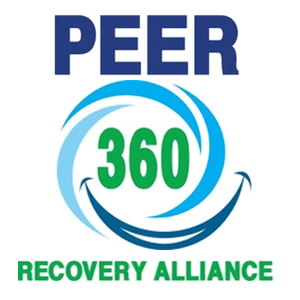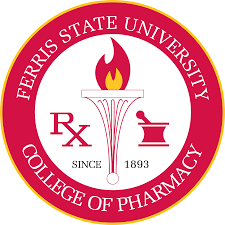.png)
Project ECHO: A Revolution in Medical and Care Delivery
Project ECHO is a lifelong learning and guided practice model that revolutionizes medical education and exponentially increase workforce capacity to provide best-practice specialty care and reduce health disparities. The heart of the ECHO model is its hub-and-spoke knowledge-sharing networks, led by expert teams who use multi-point videoconferencing to conduct virtual clinics with community providers. In this way, primary care doctors, nurses, and other clinicians learn to provide excellent specialty care to patients in their own communities.
Saginaw Valley State University Project ECHO programs meet new DEA training requirements.
SVSU Project ECHO
Saginaw Valley State University currently offers two Project ECHO opportunities. Our first Project ECHO for Substance Use Disorders (SUD ECHO) is offered along with our partners Recovery Pathways, Ferris State University and Peer360 Recovery Alliance and provides the latest information and case-based learning in substance use disorder prevention, intervention, treatment and recovery. See our calendar of presentations for details on the upcoming topics and presenters.
Launched on June 9th, 2022 Project ECHO for Perinatal Substance Use Disorder (PSUD ECHO), in partnership with Recovery Pathways, LLC, Ferris State University and Peer 360 Recovery Alliance provides educational information and practice support for treating those who are pregnant with co-occurring substance use disorder.
You may register for one or all of SVSU's Project ECHO offerings. Simply click on the button for the Project ECHO you wish to join, complete the registration, and you will begin receive regular reminders for upcoming sessions as well as valuable resources to support your practice!
NEW!! Saginaw Valley State University has partnered with Northern Michigan University to offer another ECHO learning opportunity.
Northern Michigan University Center for Rural Health Equities Project ECHO® is a program with a focus on Social Determinants of Health including:
- How social determinants of health impact infectious disease and COVID
- How social determinants of health impacts social and behavioral health
- How social determinants of health impacts perinatal issues
- How social determinants of health impacts substance use disorder.



.png)
This project is supported by the Health Resources and Services Administration (HRSA) of the U.S. Department of Health and Human Services (HHS) under the following grant number UD7HP29871, titled Integrated Collaborative Care Delivery at an Interprofessional University Clinic, for $1,505,380 and grant number T94HP30878, titled Enhancing Rural Competence Through the SVSU FNP Rural Residency Program, for $1,554,244. This information or content and conclusions are those of the authors and should not be construed as the official position or policy of, nor should any endorsements be inferred by HRSA, HHS or the U.S. Government.
Funding for the Perinatal Substance Use Disorder Project ECHO was made possible (in part) by grant number 1H79SP082471-01 titled MI Babies: Prevention of neonatal abstinence syndrome (NAS) and substance-exposed pregnancies in rural Michigan from the Substance Abuse and Mental Health Services Administration. The views expressed in written Project ECHO materials or publications and by speakers and moderators do not necessarily reflect the official policies of the Department of Health and Human Services; nor does mention of trade names, commercial practices or organizations imply endorsement by the U.S. Government.
Contact Us
echo@svsu.edu
(989) 964-2883(989) 964-2883
Office
GA 225
Hours
Monday-Friday
8:00 a.m. - 4:30 p.m.
